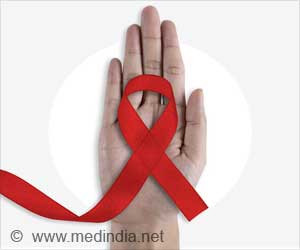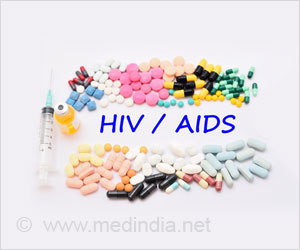The voices of people living with HIV/AIDS were muted or often missing this week at the world's largest ever AIDS conference in Toronto, meant to address their rights and unique needs.
The voices of people living with HIV/AIDS were muted or often missing this week at the world's largest ever AIDS conference in Toronto, meant to address their rights and unique needs.
Over five days, through hundreds of back-to-back sessions attended by 24,000 people, those most impacted by the raging epidemic were poorly represented. This despite the well-known fact that AIDS programmes cannot make a difference without the intimate involvement of people living with the disease.In Toronto, when HIV-positive women were given an opportunity to speak at official events, it was often mere tokenism. The same was true for other groups vulnerable to HIV.
"There seems to be little space to really learn from the experience of the positive young girls, women, men who have sex with men, people who inject drugs and sex workers who are today's faces of HIV/AIDS," an editorial in a conference newsletter by Britain's development communication agency Panos said Thursday.
"They know what drives this epidemic intimately, and are already finding innovative responses. Why are we not listening?"
Of course people living with HIV/AIDS were present in large numbers at the conference, but their forum for free expression was in spaces away from the formal agenda.
Gregg Gonsalves of the AIDS and Rights Alliance for Southern Africa was scathing in his criticism of the "often misdirected energies and efforts, and the paralysing effects of the international AIDS bureaucracy".
Advertisement
"It's not Bill Gates or Bill Clinton who have made a difference in this epidemic despite their welcome to this meeting as some sort of royalty," Gonsalves said.
Advertisement
Activists said the main AIDS response lies in the hand of the people most affected - marginalized communities across the globe such as women, the poor, sex workers, drug users, migrants, prisoners and gay men.
"Look at the presence of the big pharmaceuticals at this conference. They dominate the exhibition hall. The scientific and technical sessions sidelined us. That is the main problem with the AIDS response," said Gayle Erasmus, an HIV-positive South African.
Speaking about the next 25 years of the epidemic, Peter Piot, executive director of UNAIDS, said: "An AIDS response that is not as embedded in advancing social justice as in advancing science is doomed to failure."
The next conference is to be held in 2008 in Mexico City.
(Source - DPA)











